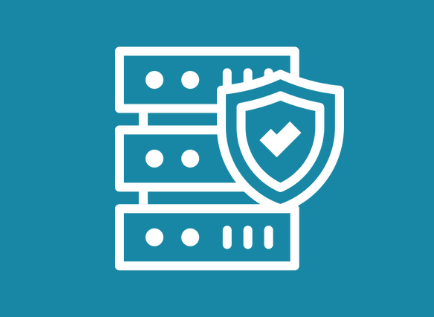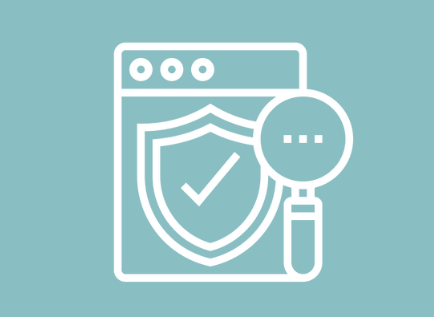
Data Integrity
ACHIEVE AND SECURE DATA INTEGRITY WITH DIQUALIS

BENEFIT FROM CONSISTENT DATA
A number of measures are necessary to ensure data integrity, since data integrity encompasses the entire data lifecycle: from entering and processing data to securing it and finally to the planned destruction after a defined period of time. The requirements for data within the data life cycle can be described using the ALCOA+ principles:
- Attributable
- Legible
- Contemporaneus
- Original
- Accurate
- + complete, consistant, enduring, available
Processes should be created to make data entry and processing traceable and transparent, ensure the legibility, guarantee the correctness of the information and secure the data. When the importance of the principles is fully recognized and established, the current and future data integrity is ensured.
To achieve this, it is important to create risk-based and practical processes that should include the following points, among others:
- Ensuring correct data entry
- Validation of data transfer interfaces
- Qualification of data backup solutions
- Clear definition of roles and the associated rights
- Ensuring and maintaining data legibility
- Options of filtering data that is to be deleted (if applicable)
- Data migration concepts (if necessary)
Control mechanisms should already be in place when data is entered, such as the four-eyes principle for manual entry or entry via barcode. Especially if a large number of users have access to the application and enter data, it is important to standardize and validate the process to minimize errors. When data is exchanged between multiple systems, validation is required for the interfaces to ensure consistency and correctness and to maintain data integrity. When implementing new software versions of existing applications or new application software that replaces existing software, data legibility must always be ensured, if necessary through data migration.
RIn the process of data integrity measures, redundant data should be avoided, tracked down regularly and removed in a controlled manner, based on risk. This applies in particular to the data transfer to consolidated databases. For data that is supposed to be deleted at a specific time, the option to filter is important. Automated solutions make it much easier for you to keep your data management consistent and to ensure regular backups to prevent data loss. Whether your data is stored on your company’s servers or in the cloud, the ALCOA+ principles for maintaining data integrity are always valid and applicable.
Ultimately, you benefit from a high data quality and reliability, information quality and effective knowledge management for your company and your customers.




